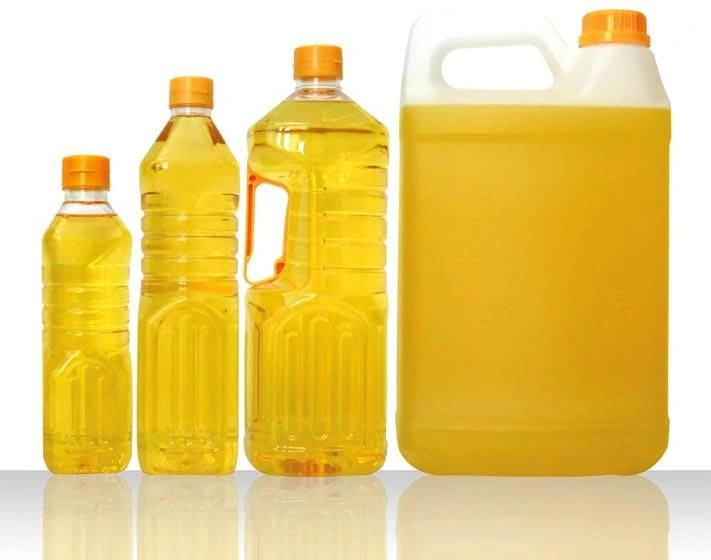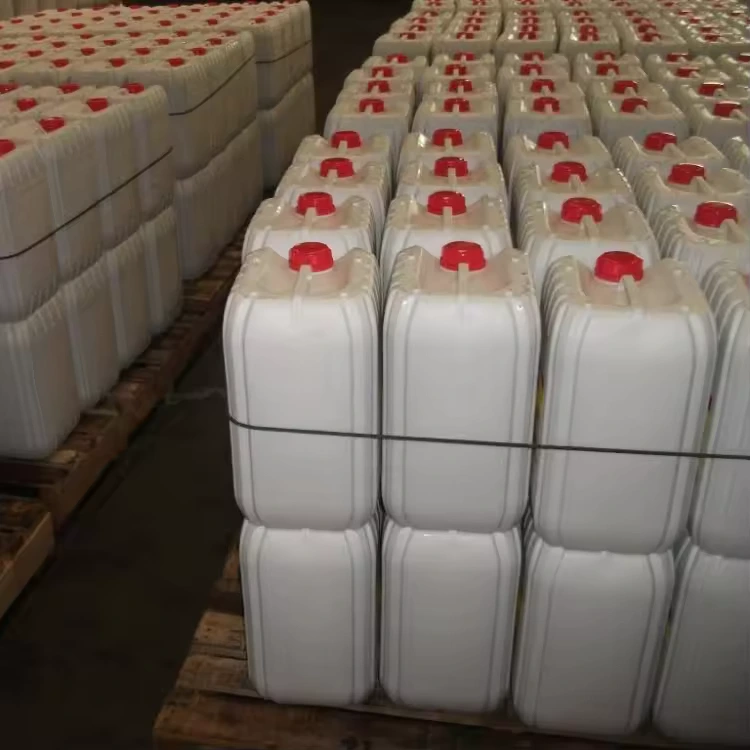The majority of truckers are aware that they shouldn’t dump oil after a change, but they might not know that recycling is the most environmentally friendly choice. People are ignorant of the significance of recycling oil, which is no fault of their own. We all have a responsibility to protect the environment and rivers, and this is a wonderful chance to protect this prized resource. Working together with an oil recycling company guarantees that the oil is safer and cleaner. Oil companies and customers can save a lot of money when fleets choose this “green” solution. Check out this breakdown for additional information on the advantages that recycling oil companies offer.
Pollution
When transferring spent oil, there is always a risk. Because it is insoluble and takes a long time to break down, if there are any leaks or spills, the ecosystem may suffer long-lasting harm. Oil also adheres to many different materials, such as bird feathers and animal fur, thus if it comes into contact with an animal, there could be disastrous consequences. Last but not least, oil can contaminate essential environmental factors like soil and water. You can get rid of all of these dangers by recycling spent oil. Oil is a precious resource that, in contrast to many other resources, does not degrade with use or time. Oil recycling companies recycle oils which enables them to increase their longevity and get more from the resource itself.
They help you keep wasted motor oil out of our rivers, lakes, streams, and even groundwater by recycling it. That frequently entails keeping it away from wildlife, beaches, and our drinking water. We are all accountable for maintaining the safety of our seas and the ecosystem. We can continue to enjoy clean water, something that many of us take for granted every day, thanks to the recycling services provided by oil recycling companies.

Energy
Oil recycling uses only a third of the energy required to extract the crude oil. Crude oil is a liquid hydrocarbon mixture that is exclusively found underground in geologic strata. Drilling takes time, effort, and money in order to utilize this resource. On the other hand, since recycled oil is made by reusing an already-existing resource, drilling is not necessary, which requires less energy and resources. The 180 million gallons of recoverable motor oil that are thrown out annually might be recycled to create enough energy to run 360,000 homes for a year. The United States wastes 1.3 billion gallons of oil annually, and if that oil were reprocessed, 1.3 million barrels of oil would be saved per day.
Increased sustainability
Utilizing recycled oil and recovering old oil for re-refining can improve a company’s reputation. The optimum choice for handling and recycling wasted oil is generally agreed to be re-refining it. Every liter of re-refined oil is a liter that does not need to be removed from the ground and refined from non-renewable virgin crude oil, producing a new recycled product from what could otherwise be classified as waste. With the environmental loop for spent oil effectively closed, its sustainability is further increased.

Uses
The oil recycling companies will further refine the spent oil to create lubricants, fuel oils, and raw materials for the petrochemical and refining sectors. Additionally, worn oil filters contain recyclable scrap metal that can be used as scrap feed by steel manufacturers. The public’s health is also protected by recycling spent motor oil. Rust, dirt, metal shavings and other pollutants are collected in the oil that circulates through an automobile engine. Oil additives can be broken down by engine heat, creating acids and a variety of other compounds. When the engine is running, antifreeze and exhaust gasses can also leak into the oil. When any of these things are combined with oil, the toxicity of oil increases significantly. If oil is not disposed of correctly or if it leaks, the public’s health could be significantly jeopardized.
Oil can be recycled or disposed of properly to protect anyone who comes into contact with it from dangerous exposure in waterways and on land. Oil should never be disposed of improperly because it can harm plants, animals, and even people. Take the Gulf of Mexico oil spill from 2010 as an example. The worst oil spill in American history was identified as this one. When the oil leaked, countless turtles, marine mammals, birds, and fish were damaged or died.
Because oil can be refined again and utilized in combustion engines, oil is a valuable resource. Since oil is a finite resource, finding new supplies will get more and more challenging over time. The oil recycling company will therefore give time to create alternative fuels and lessen dependence on foreign oil suppliers. They help to recycle wasted oil to save the environment, humans, and wildlife from pollution and other harmful effects caused by disposing of wasted oil.



